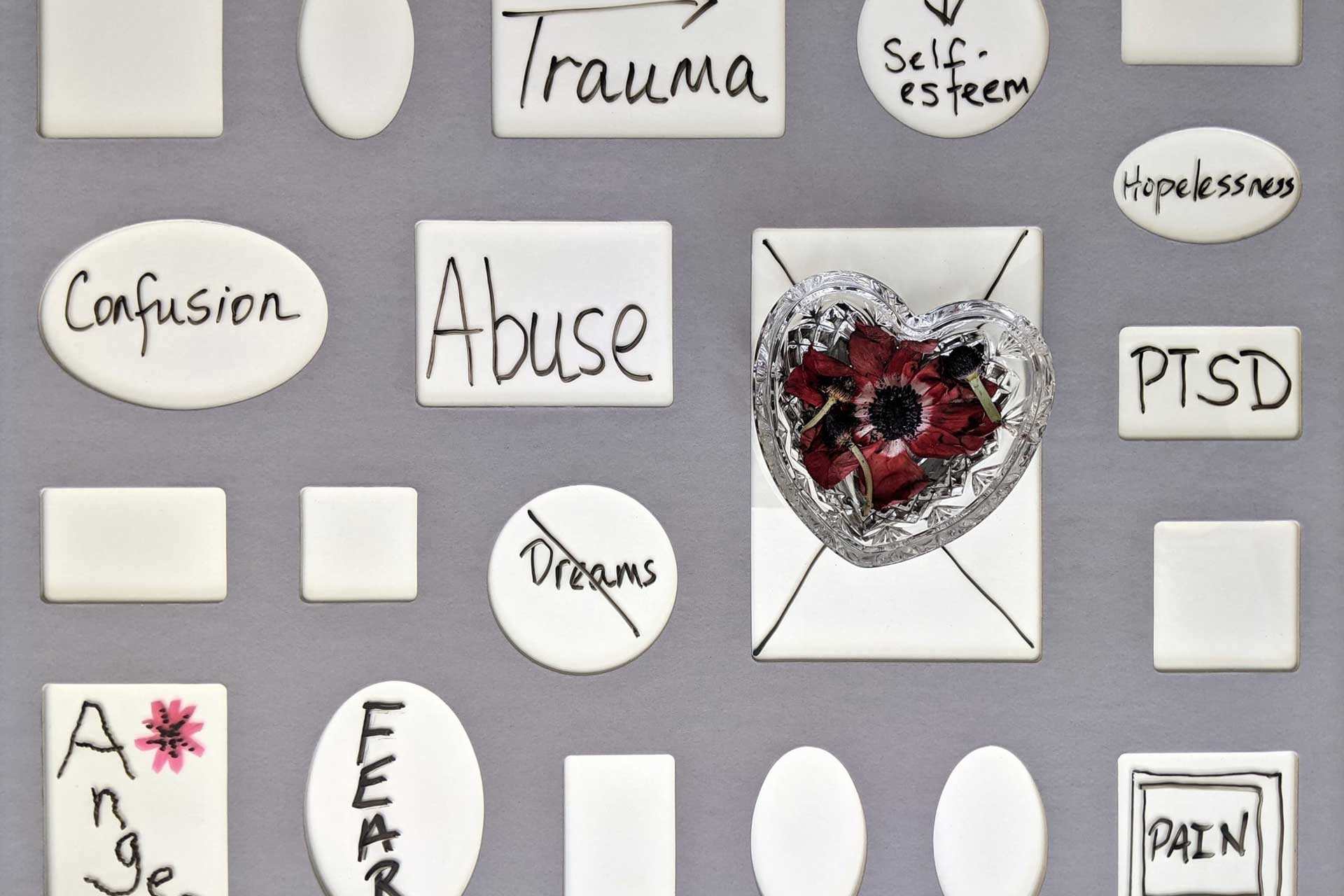PTSD Help: Treatment Options for Trauma Recovery
Have you been diagnosed with PTSD and wondered, amid your struggle, whether life will ever feel normal again? The answer is yes. No matter how impossible it may look right now, your life does not have to be forever defined by your trauma. You can access effective PTSD help. With the help of God and a trained mental health professional, you can learn how to reframe your experience, cope with your symptoms in a healthy way, and live a happy, fulfilling life. You can’t stop the waves, but you can learn how to surf. – Jon Kabat-Zinn PTSD Defined PTSD (post-traumatic stress disorder) is a disruptive mental health disorder brought on in some people by the shock of experiencing or witnessing a terrifying event. Symptoms may include reliving the trauma through flashbacks or nightmares, severe anxiety, or uncontrollable, intrusive thoughts about the event that last long after it has ended. Common Symptoms of PTSD Though everyone’s experience with PTSD is unique, there are some common symptoms most people share. Intrusive memories Frequent intrusive memories that cause you to relive the trauma may manifest as nightmares or flashbacks. These can be upsetting and give rise to panic attacks, disrupted sleep, palpitations, headaches, and digestive disorders, as well as feelings of fear, guilt, shame, or anxiety. Avoidance You try to prevent triggering distressing emotions by avoiding anything that evenly remotely reminds you of the trauma. This could include staying clear of certain places, avoiding people who remind you of an abuser, or even specific sounds or smells. A heightened state of arousal Your body may continue to remain in a state of high alert even if the trauma happened months or years ago, causing you to overreact to everyday occurrences and be easily startled. A veteran, for example, may panic at [...]












